December 12, 2022
The ethics of AI, liveable cities, unf*cking work and how the office needs to be more like your home…
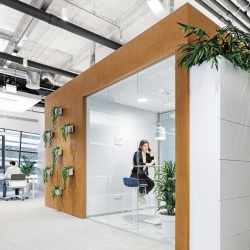 IN13 is in production but you can see the digital edition of issue 12 of IN Magazine here. It continues to explore the most up to date topics for workplace managers and executives. Including: a look at the reality of liveable cities; why offices now need to offer people more privacy, peace and quiet; how firms need to address the challenges of the circular economy; a case study from the dynamic city of Ljubljana; David Sharp on the ethics of AI; Chelsea Perino on hybrid working; a critical review of Neil Usher’s new book; Marie Puybaraud of JLL in conversation; and much more. All back issues of IN can be found here. And why not check out Works Magazine and Work&Place Journal too. (more…)
IN13 is in production but you can see the digital edition of issue 12 of IN Magazine here. It continues to explore the most up to date topics for workplace managers and executives. Including: a look at the reality of liveable cities; why offices now need to offer people more privacy, peace and quiet; how firms need to address the challenges of the circular economy; a case study from the dynamic city of Ljubljana; David Sharp on the ethics of AI; Chelsea Perino on hybrid working; a critical review of Neil Usher’s new book; Marie Puybaraud of JLL in conversation; and much more. All back issues of IN can be found here. And why not check out Works Magazine and Work&Place Journal too. (more…)







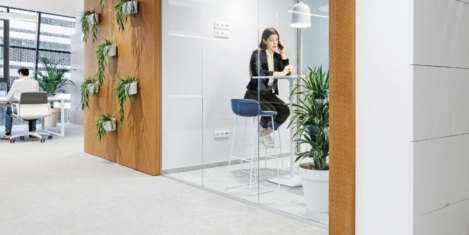


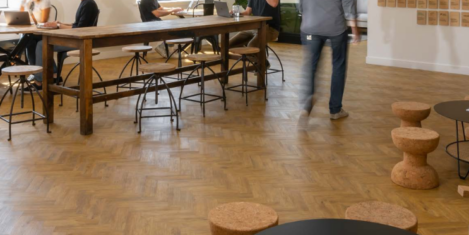
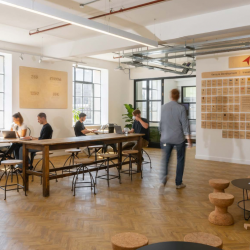










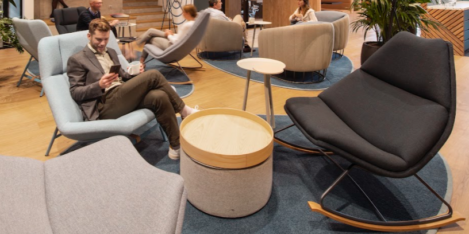
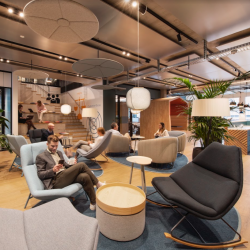

 All of humanity’s problems,” the French scientist and philosopher Blaise Pascal wrote in 1654, “stem from man’s inability to sit quietly in a room alone.” He may have been right, but then again, sitting in a room alone isn’t necessarily a great state of permanent being either. There was a time we used to talk with dismay about the Japanese phenomenon of intense social distancing known as hikikomori. We would consider with horror the isolation, lack of engagement with society, poor mental health and loneliness of the people who had almost completely withdrawn to their rooms. Those poor bastards locked up in enclosed spaces linked to the outside world only by screens.
All of humanity’s problems,” the French scientist and philosopher Blaise Pascal wrote in 1654, “stem from man’s inability to sit quietly in a room alone.” He may have been right, but then again, sitting in a room alone isn’t necessarily a great state of permanent being either. There was a time we used to talk with dismay about the Japanese phenomenon of intense social distancing known as hikikomori. We would consider with horror the isolation, lack of engagement with society, poor mental health and loneliness of the people who had almost completely withdrawn to their rooms. Those poor bastards locked up in enclosed spaces linked to the outside world only by screens. 








December 9, 2022
The Great Relearning about the Great Office Problem
by Mark Eltringham • Comment, Flexible working, Technology, Workplace design